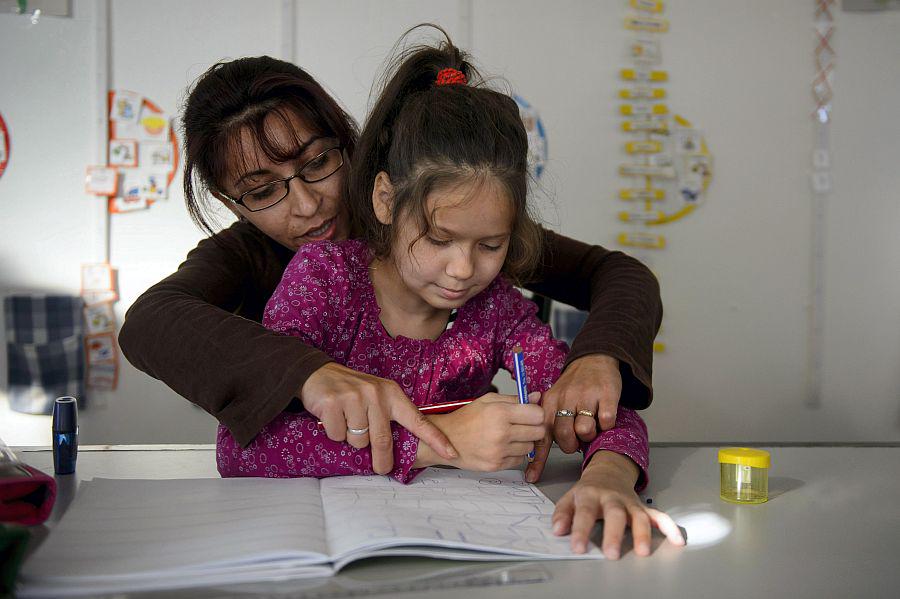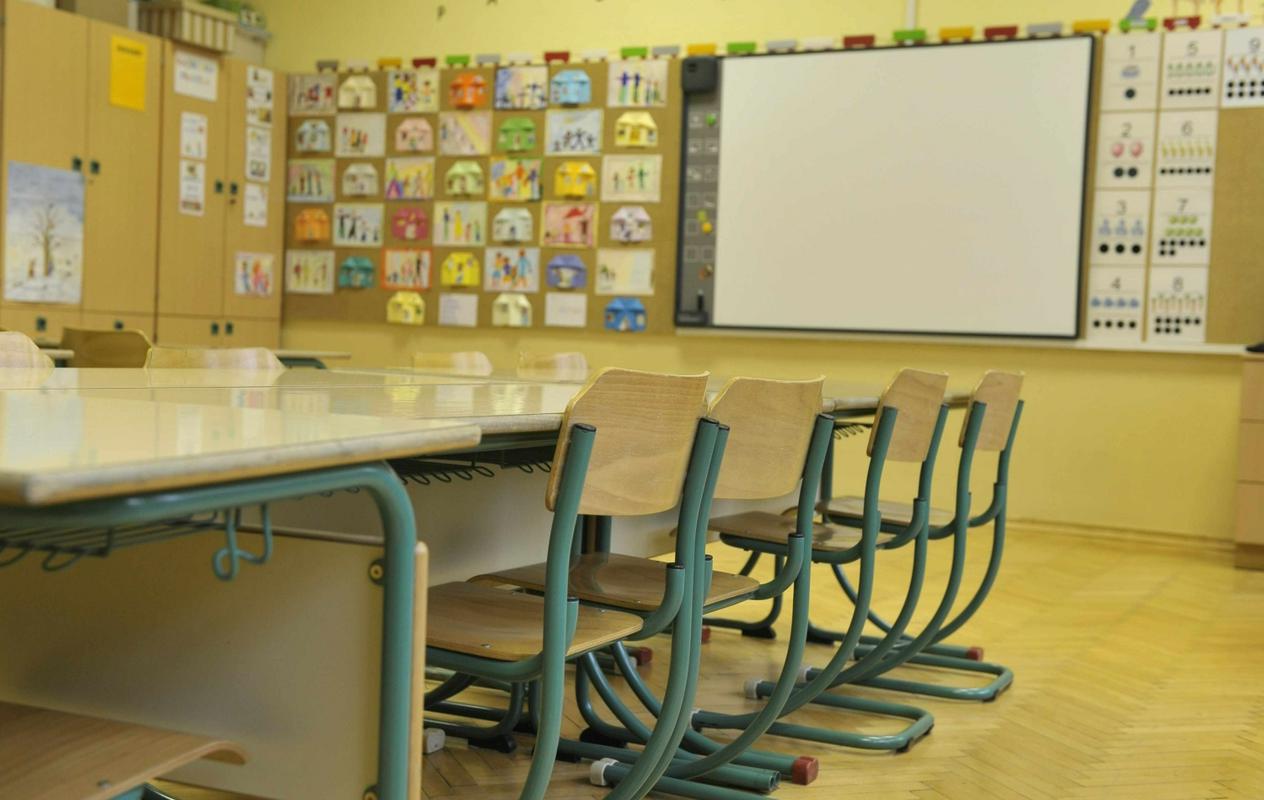


The abolishing of teachers' payment for extra assistance to children to whom the so-called 'rulings' have been issued proved to be the most upsetting decision taken by the Ministry of Education. It has already been reported that that was a part of the austerity measures which should save millions, as requested by the Ministry of Finance.
Extra assistance will still be given, yet not everybody will get paid for giving it.
And what are the newest changes regarding additional expert help? "Such work is already a part of the duties of social pedagogues, who are adequately trained for it, and will be paid for their work. Those teachers who give extra assistance in order to supplement the missing part of their pedagogic obligations will be paid for it as well, while I will have to give special assistance, one hour each week, for free, as I have enough hours as it is," Vlasta Sagadin explained for MMC. She is a teacher at the Orehek Elementary School in Kranj, which is known for a large number of children with special needs, children with rulings on additional expert assistance.
From the beginning of the year teachers with adequate expertise won't be getting payment for their expert assistance to children with special needs. But they will still have to do the work, otherwise they would violate the rights of children with special needs from the regular educational system, that is those children who had been issued a special expert by the Education Institute, ruling on the form and manner of assistance.
Most often children need help in mathematics, foreign languages, and Slovenian language, less often in chemistry and physics. As a rule the expert assistance is given by the teacher teaching the pupil in his regular class, because in this case the teacher already knows the pupil in question.
Disputable granting of rulings
"The rulings for additional expert help should be checked, as the law has been misunderstood, and our professional services have issued rulings also to pupils without any learning problems. Teachers have been warning for years that in certain cases additional expert help replaces private lessons other parents need to pay, as some of the parents simply can't accept the fact that their child is not an excellent student, or they transfer the burden of working with their child to school," teacher Bojana Potočnik wrote in her open letter to the Minister of Education, in which she claims that the rulings are being issued much too easily.
"I fully agree," says Sagadin, who has been teaching for 34 years. "During the first triad children only begin to learn reading and writing. In the first grade most things are learned through playing; in the second they start learning small and capital letters, and in the third they start writing. A number of children don't master it during the first triad, and the process continues in the second triad, but some of the parents already panic because their children can't write yet, and fear legastnehia, or dyslexia. They start making pressure at the counselling service, pedagogist, social worker, principal, thus triggering the procedure of classification, and decision making. The opportunities for misuse of the system are countless!" she warns.
"It is abnormal that our schooling system could suddenly contain such a great number of children with special needs. Today some mothers are carrying school bags to school for their 10 year old children, so that their children would not exhaust themselves. Parents do everything instead of their children. And if a child does not master the necessary motoric functions, it is obvious his/her handwriting will be ugly. But ugly handwriting does not yet mean his/her being a legastnehic, or dyslexic," she gave an example.
Remedial classes remain empty
Potočnik in her open letter mentioned the remedial classes, which have not been affected by austerity measures. "I teach English in the remedial classe for 8th grade, which is not obligatory any more. Once a week before school we have a remedial class, but usually three pupils attend. Perhaps before a test their number increases to approximately 10, while there are 60 pupils in the 8th grade. It is quite absurd: when giving additional expert help, you work one on one, and the same happens at remedial classes, where you also work almost one on one. And yet these classes are still paid for by the state, and are included into our work duties," agrees Sagadin.
The Ministry of Education insists that teachers will have to offer additional expert help within their regular duties, or through other forms of work; remedial classes are considered as one by some. "It is not possible - remedial classes are attended by e.g. five children who want additional explanations on a subject, while another pupil attending the class has problems with writing, or with spatial organisation, and you can't give to that pupil as much attention as when you are working with him/her one on one. It could be a temporary solution for this month, but then the Ministry should make a firm decision for future," replies the teacher from the Kranj elementary school.
What could happen next? "The rulings are legally binding, and the Ministry is aware that the additional expert help must be given. Therefore this circular letter that the additional expert help must be given, although free of charge, has been sent. Obviously the pressure is being made on teachers, but it can't be a long-term solution. And what will happen? The number of such rulings will be reduced in future," Slavka Grmek Ugovšek believes.

































































